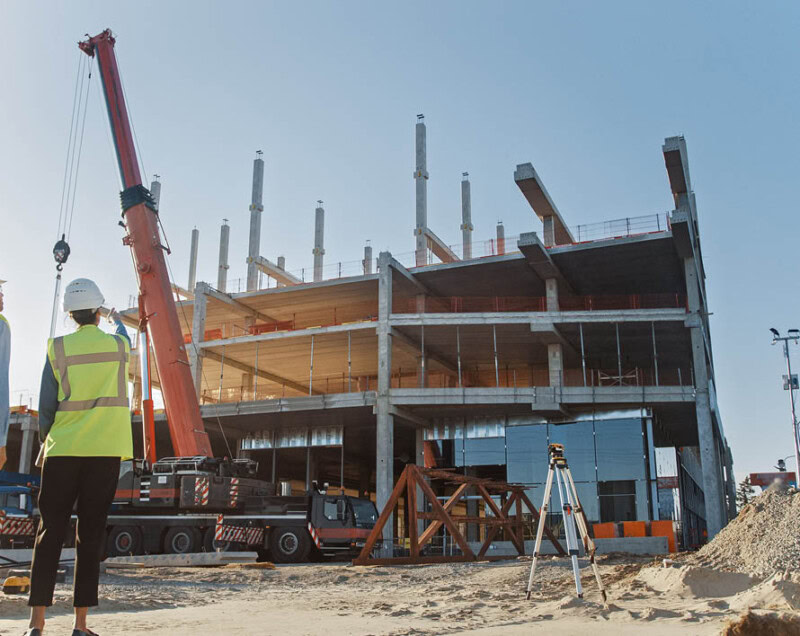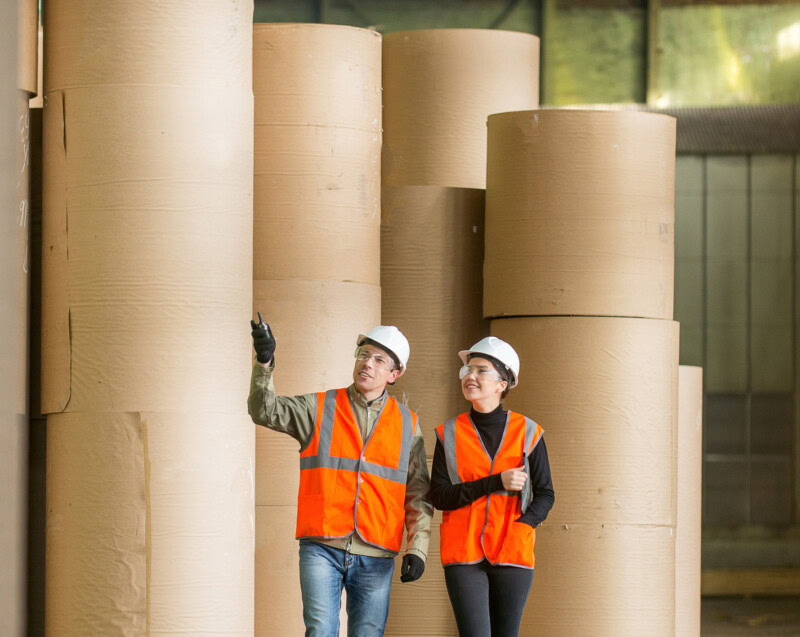CTEH’s PFAS and AFFF transition expert, Steve Pepper MS, CSP, provides some insight on emerging regulations for PFAS and how they relate to the real estate industry. As a real estate professional or property owner, you’ve likely heard whispers about PFAS. But what are they, and why should they matter to you? Per- and polyfluoroalkyl substances (PFAS) are emerging as a significant concern in property transactions, and understanding their impact could be crucial for your next deal.
PFAS: The “Forever Chemicals”
PFAS, often called “forever chemicals” due to their persistence in the environment, have been used in various industries for decades. From non-stick cookware to firefighting foam, these substances are ubiquitous. However, their potential health and environmental risks have recently come under scrutiny.
The Regulatory Landscape is Shifting
The EPA is taking decisive action. They’re moving to designate PFAS as hazardous substances under CERCLA (the Superfund Act) and updating due diligence rules. This shift is creating a new reality for property transactions.
What This Means for Property Sellers
If you’re selling property, particularly commercial or industrial sites, it’s time to be proactive. Industry experts are advising sellers to conduct voluntary PFAS assessments. Why? It’s about control and leverage:
- Limit uncertainties that could derail a sale
- Improve your negotiating position
- Prevent potential overestimation of contamination by buyers’ consultants
The Smart Move: Hire Trusted Experts
Consider engaging environmental consultants specialized in PFAS assessments. This allows you to:
- Control the assessment process
- Ensure accurate reporting
- Be prepared for potential buyer concerns
CTEH: A Trusted Partner in PFAS Assessment
When it comes to PFAS sampling and analysis, having a reliable expert is crucial. CTEH has emerged as a trusted leader in this field, offering comprehensive PFAS assessment services. Their expertise can be invaluable in the due diligence process, providing:
- State-of-the-art PFAS sampling techniques
- Accurate and reliable analysis
- Expert interpretation of results
- Guidance on mitigation strategies if needed
By partnering with experts like CTEH, property sellers can ensure they have the most accurate and up-to-date information about potential PFAS contamination on their sites.
The Bottom Line
PFAS contamination can significantly impact property values and complicate transactions. A traditional Phase I assessment might not yet include an emergent regulatory concern like PFAS. By being proactive and partnering with trusted experts like CTEH, you can navigate these waters more effectively. Remember, knowledge is power in negotiations.
As regulations evolve, staying informed about PFAS and other environmental concerns will be crucial. It’s not just about compliance; it’s about protecting your investments and ensuring smooth transactions.
Are you prepared for the PFAS challenge in your next real estate deal? Consider reaching out to CTEH to discuss strategies for comprehensive PFAS assessment and how to navigate this emerging issue effectively.





